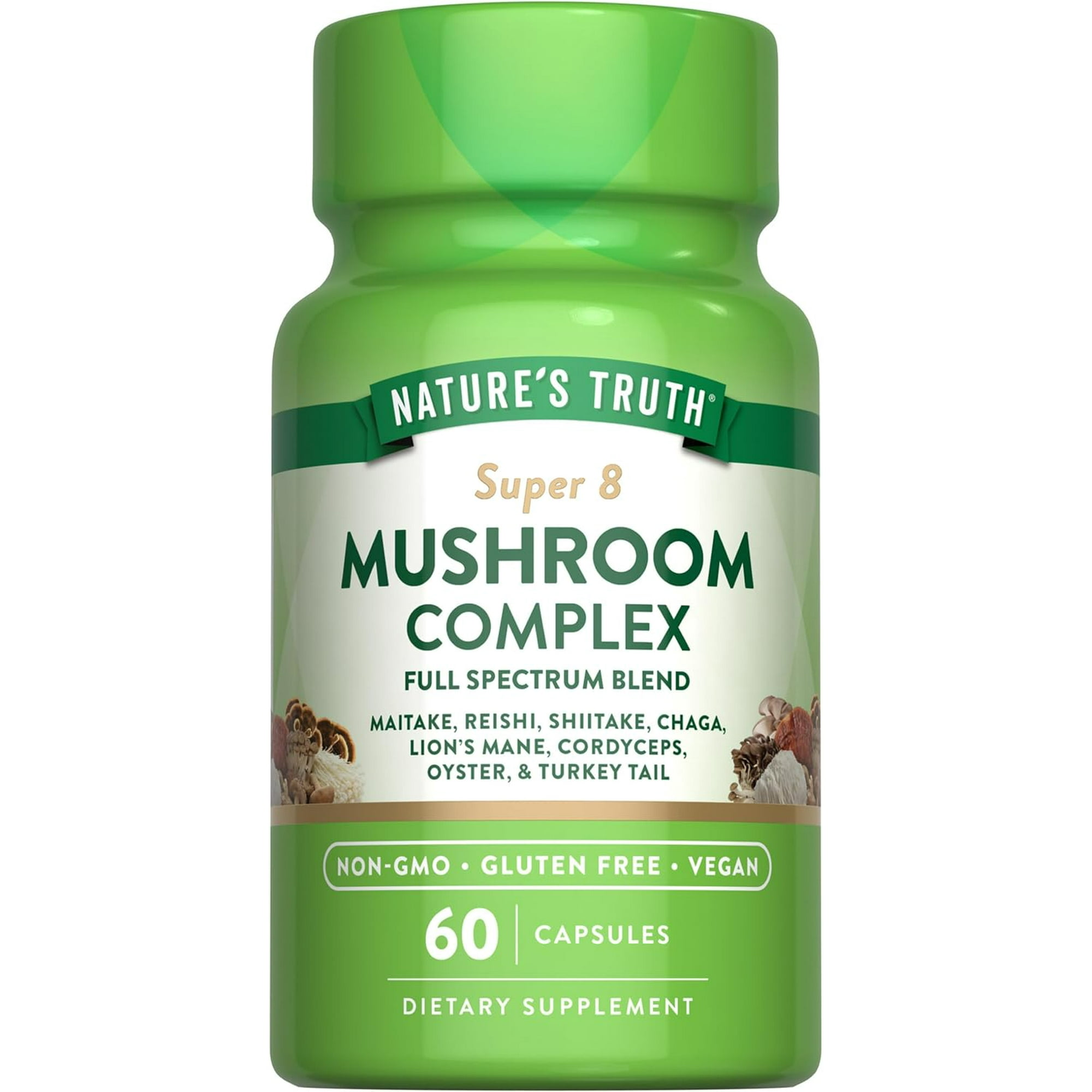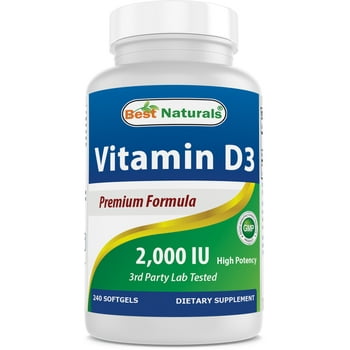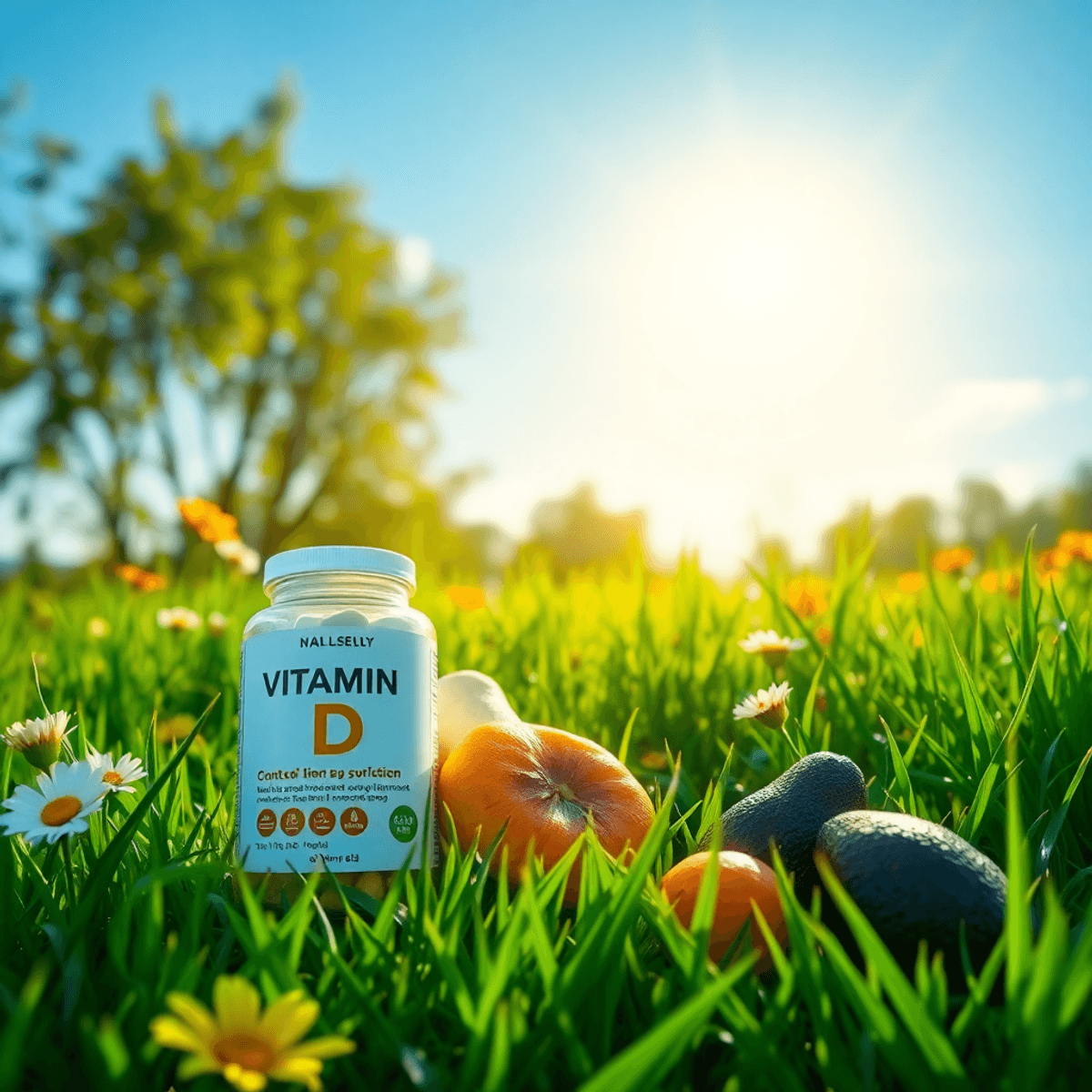Introduction
Vitamin D is essential for your overall health. It acts as a pro hormone, affecting many processes in your body such as immune response, hormone balance, and bone health. Unfortunately, many people have vitamin D deficiency symptoms without knowing it. This deficiency is surprisingly common, with studies suggesting it might be the most widespread nutritional deficiency in America.
It’s important to be aware of the signs of vitamin D deficiency. These signs often include a weakened immune system, emotional disturbances, and hormonal imbalances. By identifying these symptoms early on, you can take action to improve low vitamin D levels through sunlight exposure, dietary changes (consider incorporating some vitamins), or supplementation.
In addition to addressing vitamin D deficiency, leading a healthier lifestyle can greatly enhance your overall well-being. For example, participating in high-intensity interval training can strengthen your immune system and help maintain hormone balance. Furthermore, using certain medical gadgets can aid in better monitoring your health.
Being aware of these symptoms is crucial for early intervention and maintaining optimal health. Don’t forget to check out some health tips that can further support you in managing your health effectively.
Common Symptoms of Vitamin D Deficiency
Recognizing the signs of a vitamin D deficiency can be crucial for taking timely action to maintain optimal health.
Nature Made Vitamin D Extra Strength 5000 IU (125 mcg) GummiesWeakened Immune System
A weakened immune system is often one of the primary indicators. Low levels of vitamin D can lead to increased susceptibility to infections, making you more vulnerable to illnesses. If you find yourself frequently catching colds or other infections, it might be worth evaluating your vitamin D levels and considering natural immune support.
Emotional Health Issues
Emotional health is another area significantly impacted by insufficient vitamin D. Many people experience emotional ups and downs, including symptoms such as depression and anxiety, which have been linked to low vitamin D levels. This connection underscores the importance of maintaining adequate levels for mental well-being.
Hormonal Imbalances
Hormonal imbalances are another symptom that may arise from a lack of vitamin D. As this nutrient functions not only as a vitamin but also as a pro-hormone, it plays a vital role in numerous hormone-producing reactions in the body. Imbalances in hormones can manifest in various ways, affecting everything from mood to metabolism.
Understanding these symptoms can empower you to take steps toward better health by ensuring sufficient vitamin D intake through diet, sunlight exposure, or supplementation when necessary.
For instance, incorporating high potency Vitamin D3 2000 IU gummies into your routine could provide the necessary boost for immune support and overall health.
Additionally, it’s essential to focus on maintaining a balanced diet with easy meal prep options that include foods rich in vitamin D. And don’t forget about the importance of sunlight exposure in your quest for optimal vitamin D levels.
Physical Symptoms
Vitamin D deficiency can show up in different physical signs that can greatly affect your well-being. It’s important to recognize these signs so you can take action and improve your health.
1. Weak Bones and Teeth
Not getting enough vitamin D can lead to conditions like osteoporosis and osteopenia. These conditions make your bones weaker and more prone to fractures and breaks. If you often have dental problems or notice a decline in your bone health, it could be a sign of low vitamin D levels. To strengthen your bones and teeth, try incorporating wellness practices such as eating a balanced diet that includes vitamin D-rich foods and exercising regularly.
2. Muscle Weakness
People who don’t have enough vitamin D often complain about feeling weak in their muscles or having trouble building muscle mass. This important nutrient is crucial for how our muscles work, so without it, you may find it hard to do physical activities that used to be easy for you. To tackle this issue, think about using organic supplements that can give your vitamin D levels a boost and improve your overall health.
Being aware of the signs of vitamin D deficiency such as weak bones and muscle problems is vital for keeping your physical health in check. By making necessary lifestyle changes or seeking medical help, you can address these symptoms and promote stronger bones and muscles, ultimately improving your quality of life.
Chronic Health Issues Linked to Vitamin D Deficiency
Vitamin D deficiency is increasingly recognized for its potential link to a range of chronic diseases. A crucial area of concern is the association between low vitamin D levels and an elevated risk of serious conditions like cancer and heart disease. Research suggests that adequate vitamin D can play a role in supporting cellular health and immune function, which may help mitigate cancer risk.
Cancer Risk
Low levels of vitamin D have been correlated with a higher likelihood of developing certain types of cancers. Vitamin D’s role in regulating cell growth and apoptosis (programmed cell death) is pivotal in preventing the uncontrolled proliferation of cancerous cells.
Heart Disease
The incidence of cardiovascular issues may also be influenced by insufficient vitamin D. This nutrient aids in regulating blood pressure and maintaining endothelial function, both critical factors in heart health.
Additionally, vitamin D has a significant impact on metabolic processes, particularly regarding diabetes management. It supports insulin sensitivity — a key factor in preventing insulin resistance and type 2 diabetes.
Diabetes Management
Vitamin D helps modulate insulin secretion and sensitivity, contributing to better glucose metabolism. Individuals with adequate vitamin D levels tend to exhibit improved glycemic control.
Understanding these connections highlights the importance of maintaining sufficient vitamin D levels to potentially reduce the risk of these chronic health issues. To support this, incorporating health improvement strategies such as regular exercise with home workout equipment or using amazon fitness gear can be beneficial. Additionally, considering vitamin D supplements with higher dosages like 50 mcg could also help in achieving optimal vitamin D levels.
Causes Behind Vitamin D Deficiency
Understanding the root causes of vitamin D deficiency is essential in addressing this common health concern.
1. Insufficient Sunlight Exposure
A lack of sunlight exposure stands out as a primary cause. Given the modern lifestyle, many individuals spend significant time indoors, leading to insufficient exposure to natural sunlight. This issue is particularly pronounced for those living in northern regions where sunlight is limited, which can severely impact vitamin D synthesis.
2. Impact of Toxins and Chemicals
Beyond sunlight, environmental factors also play a crucial role. Exposure to certain toxins and chemicals, such as Bisphenol A (BPA), found in various plastics, can impede the body’s ability to absorb and utilize vitamin D effectively. These substances may interfere with liver function, which is vital for the conversion and utilization of vitamin D.
Addressing these factors through lifestyle changes can significantly improve vitamin D levels and enhance overall well-being.
Lifestyle Factors Contributing to Low Vitamin D Levels
Indoor Lifestyles and Sun Exposure
Modern indoor lifestyles significantly impact sun exposure, crucial for natural vitamin D synthesis. Spending more time indoors, whether for work or leisure, limits the amount of direct sunlight reaching your skin, which is necessary for your body to produce vitamin D. This lifestyle choice is becoming increasingly common in today’s society due to technological advancements and urban living.
Geographic Impact on Vitamin D Levels
Geographic impact also plays a vital role in vitamin D levels. Individuals residing in regions with limited sunlight, such as the northern United States, Canada, or parts of Northern Europe, face additional challenges in maintaining adequate vitamin D levels. In these areas, shorter daylight hours and longer winters further reduce opportunities for sun exposure.
These factors contribute to the widespread prevalence of vitamin D deficiency observed today. Emphasizing outdoor activities and seeking natural sunlight exposure whenever possible can help mitigate these challenges. Additionally, adopting certain lifestyle changes such as incorporating energy-boosting foods into your diet or using aromatherapy diffusers for relaxation can improve overall well-being.
Moreover, considering slimming teas for diet might assist those struggling with weight issues that further complicate vitamin D absorption. Lastly, utilizing herbs like valerian root known for their calming properties could promote better sleep and overall health, indirectly supporting the body’s ability to maintain adequate vitamin D levels.
Best Sources to Combat Vitamin D Deficiency
When dealing with vitamin D deficiency, it’s important to understand that sunlight is the main source of this nutrient. Spending 20 to 30 minutes outdoors every day, even in colder regions, allows your skin to naturally produce vitamin D.

Dietary Sources of Vitamin D
In addition to sunlight, certain foods can also help maintain sufficient levels of vitamin D:
- Wild-caught salmon and fish: These are rich in vitamin D and make excellent dietary choices.
- Raw fermented milk products, like goat’s milk yogurt: These provide small amounts of vitamin D.
- Mushrooms and eggs: Although they contain limited quantities of vitamin D, including them in your diet can contribute to boosting your levels.
The Role of Supplements
When natural sources are not enough or unavailable due to lifestyle factors or geographic limitations, supplements become necessary. Choose vitamin D3 instead of D2 for better absorption. Dr. Josh Axe recommends daily doses ranging from 2000 to 5000 IUs based on individual needs and sun exposure.
By incorporating these strategies into your routine, you can effectively combat deficiency symptoms such as weakened immune function and hormonal imbalances. Using both natural sources of vitamin D and supplementation actively supports your body’s overall health and wellbeing.
Supplementation Strategies for Optimal Vitamin D Levels
Understanding the type of vitamin D supplement to choose is essential for addressing deficiencies effectively. Vitamin D3 is often preferred over Vitamin D2 due to its superior ability to raise and maintain vitamin D levels in the body. While both forms can be found in supplements, studies suggest that D3 is more effective at improving overall health.
When considering supplementation, it’s crucial to tailor dosages based on individual needs:
- For general maintenance: Adults are commonly advised to take between 2,000 and 5,000 IUs of vitamin D3 daily.
- For severe deficiencies: A healthcare provider might recommend higher doses, such as 5,000 IUs taken twice daily for a short period. This should only be done under medical supervision after a blood test confirms deficiency.
Regular monitoring through blood tests ensures that supplementation is effective without exceeding safe levels. Opting for high-quality vitamin D3 supplements available in various forms like capsules or sprays can enhance convenience and adherence to the regimen.
Improving Absorption Efficiency of Vitamin D Supplements or Foods Consumed Together with Them (e.g., Healthy Fats)
Vitamin D is a fat-soluble vitamin, which means it requires dietary fats for optimal absorption. To ensure your body effectively utilizes vitamin D, it’s important to pair its intake with healthy fats.
Why Pair Vitamin D with Healthy Fats?
- Fat-soluble vitamins like vitamin D dissolve in fats, which aids in their absorption through the digestive tract. Without adequate fat intake, these vitamins may not be absorbed efficiently.
- Consuming vitamin D with healthy fats enhances its bioavailability. This means your body can use more of the vitamin D you’re consuming, maximizing its health benefits.
Examples of Healthy Fats that Enhance Absorption:
- Coconut Oil: Known for its medium-chain triglycerides (MCTs), coconut oil is an excellent option for enhancing the absorption of vitamin D. A teaspoon added to your meals can significantly improve uptake.
- Avocado: Rich in monounsaturated fats, avocado not only boosts vitamin D absorption but also provides additional nutrients and fiber.
- Almond Butter: Packed with healthy fats and protein, almond butter is a versatile addition to your diet that can help improve the efficiency of vitamin D supplements or foods rich in this nutrient.
- incorporating these healthy fats into your diet alongside vitamin D sources ensures you get the most out of your supplementation efforts.
Conclusion
Maintaining healthy vitamin D levels is crucial for your overall well-being. Recognizing what are vitamin D deficiency symptoms can be the first step towards taking control of your health.
Here are some actionable steps you can take:
- Seek Sunlight: Aim for 20 to 30 minutes of sun exposure daily. This natural approach is vital for boosting your vitamin D naturally.
- Consider Dietary Changes: Incorporate foods like wild-caught salmon, mushrooms, and eggs into your diet to help increase vitamin D intake.
- Utilize Supplements Wisely: If necessary, choose vitamin D3 supplements over D2, and remember to pair them with healthy fats for optimal absorption.
Embracing these strategies not only addresses potential deficiencies but also supports critical aspects of health such as immune function, bone strength, and hormonal balance. Vitamin D plays a multifaceted role in maintaining a healthy body; prioritize it as an essential component of your daily wellness routine.

Discover more from NatureZen Market
Subscribe to get the latest posts sent to your email.











